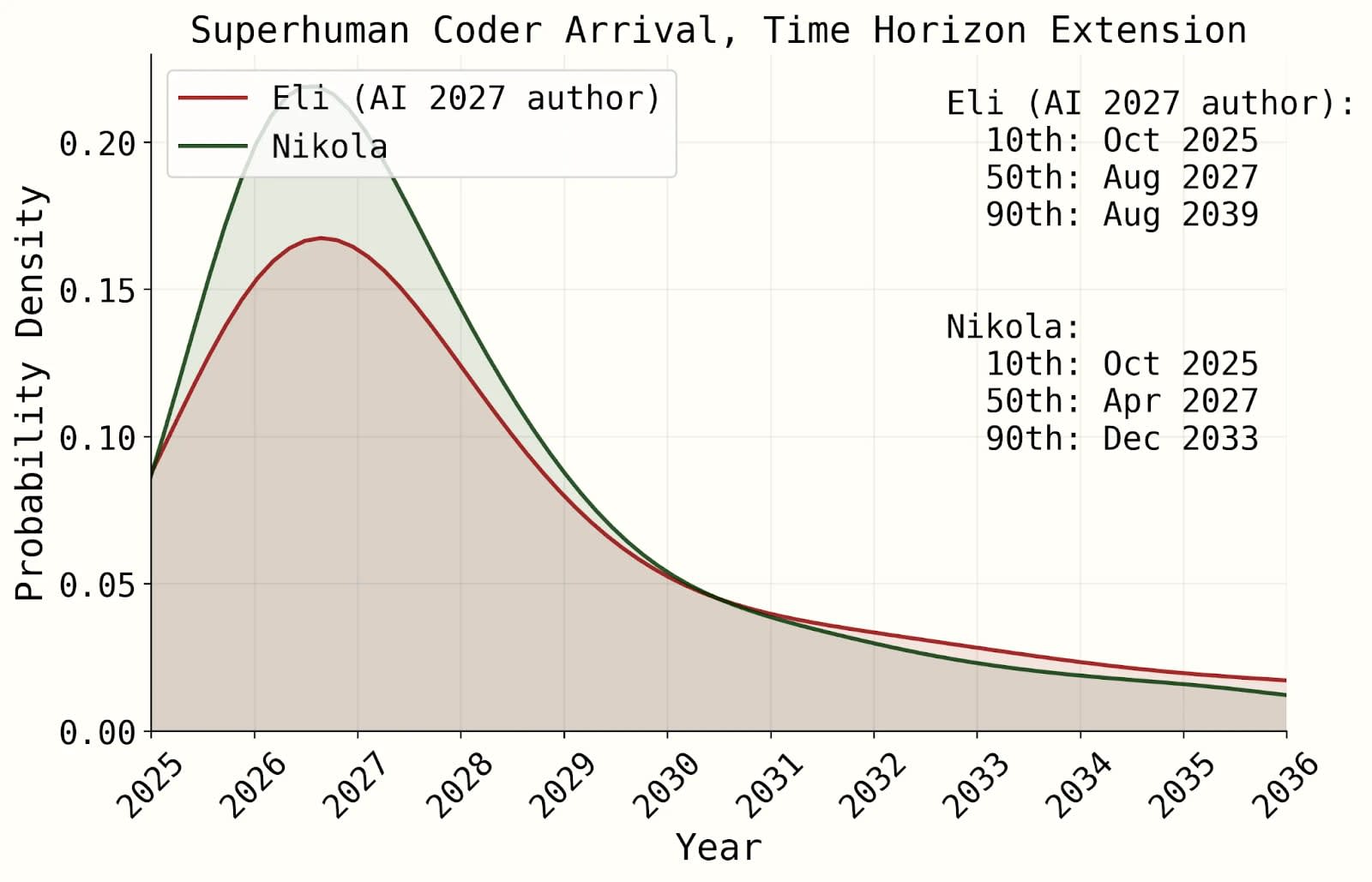I argue that you shouldn't accuse your interlocutor of being insufficiently truth-seeking. This doesn't mean you can't internally model their level of truth-seeking and use that for your own decision-making. It just means you shouldn't come out and say "I think you are being insufficiently truth-seeking".
What you should say instead
Before I explain my reasoning, I'll start with what you should say instead:
"You're wrong"
People are wrong a lot. If you think they are wrong just say so. You should have a strong default for going with this option.
"You're being intentional misleading"
For when you basically thinking they are lying but maybe technically aren't by some definitions of "lying".
What about if they are being unintentionally misleading? That's usually just being wrong, you should probably just say they are being wrong. But if you really think the distinction is important, you can say they are being unintentionally misleading.
"You're lying"
For when they are lying.
You can also add your own flair to any of these options to spice things up a bit.
Why you shouldn't accuse people of being insufficient truth-seeking
Clarity
It's not clear what you are even accusing them of. "Insufficient truth-seeking" could arguably be any of the options I mentioned above. Just be specific. If you really think what you're saying is so important and nuanced and you just need to incorporate some deep insight about truth, use the "add your own flair" option to sneak that stuff in.
Achieving your purpose in the discussion
The most common purposes you might have for engaging in the discussion and why invoking "truth-seeking" doesn't help them:
You want to discuss the object-level issue
You just fucked yourself because the discussion is immediately going to center on whether they actually are insufficiently truth-seeking and whether that accusation was justified. You're going to have to gather The Fellowship, take your argument to Mordor, and throw it into the fire of NEVER GO META before you're ever going to be able to discussion the object level again.
You want to discuss your interlocutor's misconduct
You again fucked yourself because:
- It's not clear what misconduct you are accusing them of.
- Because of the ambiguity they are going to try to make it seem like you're accusing them of more than what you intended, and therefore actually it's you who isn't being truth-seeking, and you're even accusing them of that in bad faith!
- Because your statement is about "truth-seeking" instead of the actual misconduct, observers who agree with your interlocutor on the object level but might be sympathetic to your misconduct allegation are going to find it harder to agree with you on the meta issue. You are muddying the object-meta waters instead of tackling the meta-level issue you want to address head-on.
Conclusion
Don't accuse your interlocutor of being insufficiently truth-seeking. Just say they are wrong instead.


Imo the biggest reason not to do this is that it's labeling the person or getting at their character. There's a threat implied that they will be dismissed out of hand bc they are categorically in bad faith. It can be weaponized.
To say someone is not "truthseeking" in Berkeley is like a righteous ex-communication. It gets to be an epistemic issue.